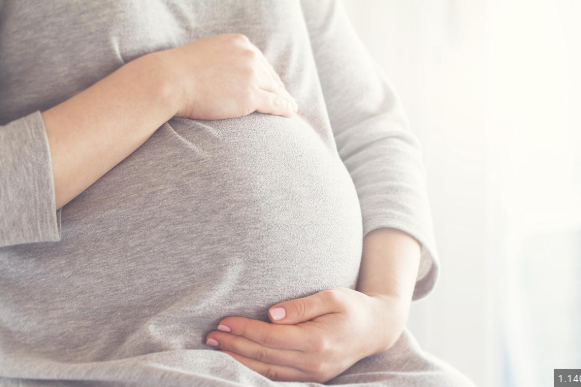New research emphasizes the importance of addressing maternal depression early during pregnancy.
SINGAPORE – A study led by the Agency for Science, Technology and Research (A*Star) has revealed that symptoms of maternal depression can begin as early as the first trimester of pregnancy, challenging the prevailing notion that depression primarily occurs after childbirth. The findings stress the need for early intervention during pregnancy to address mental health concerns before the post-partum period.
The study, published in JAMA Network Open on Oct 26, analyzed data from 11,563 women across the United Kingdom, Canada, and Singapore. Researchers from A*Star’s Singapore Institute for Clinical Sciences (SICS) tracked depressive symptoms throughout pregnancy and up to two years after childbirth, from July 2022 to April 2023.
Dr. Michelle Kee, the study’s lead author, explained that depressive symptoms were observed early on in pregnancy, often remaining stable through the postnatal period. These findings suggest that maternal depressive symptoms are not solely limited to the post-birth phase, as previously believed, and may begin much earlier during pregnancy.
Associate Professor Helen Chen, a senior consultant at KK Women’s and Children’s Hospital, noted that various factors can lead to depression during pregnancy, including prior mental health struggles, adverse childhood experiences, and complications such as gestational diabetes. She emphasized that the focus should expand to include antenatal care, as women who face these challenges may struggle emotionally long before they give birth.
The study advocates for a shift in public health policy to address maternal depression from preconception and throughout pregnancy, rather than limiting interventions to the postnatal stage. Early intervention can help improve outcomes not only for mothers but also for their children, as untreated depression can negatively affect a child’s development and increase the risk of long-term mental health issues, including attention deficit hyperactivity disorder (ADHD).
Dr. Tan Thiam Chye, a consultant obstetrician, highlighted the potential impact of depression on a baby’s brain development, especially in areas responsible for emotional processing. He emphasized that timely intervention can significantly improve both maternal and child health.
The study suggests that interventions, such as counseling and, in certain cases, safe antidepressant use during pregnancy, can alleviate symptoms and ensure mothers are in a better mental state for childbirth.


